The first time I experienced culture shock in Korea was when I walked into a Korean grocery store. I had no idea how different Korean grocery stores would be from grocery stores back in Canada. I couldn’t believe that there were whole aisles dedicated solely to ramen noodles or instant coffee. I ventured over to the vegetable section to buy greens but was intimidated by all of the strange-looking leaves I had never seen before. To top it all off, I was floored by how expensive everything was.
At the time, I didn’t know that I had wandered into a luxury grocery store whose prices were considerably higher than those of a typical Korean supermarket. I was quickly reassured by other expats that this shop was not representative of all Korean grocery stores. With this experience in mind, I have compiled some basic information about grocery shopping in Seoul that I hope will be helpful to newbies in South Korea.
South Korean Grocery Chains
There are a good number of large grocery store chains in South Korea where you will probably do the bulk of your shopping. These include Emart, Homeplus, Lotte Mart and Costco. Emart, Homeplus, and Lotte Mart are huge grocery stores that sell a wide variety of food and household items. These chains also have smaller stores called express marts which are spread out throughout Seoul. I personally prefer to shop at the larger grocery store locations instead of the smaller express locations because they carry a larger variety of products. It is not always possible to find absolutely everything I want at these grocery stores, but they do carry a lot. Their selection of foreign products is also continuously expanding, which makes grocery shopping in South Korea much simpler.
Local Korean Grocers/Street Markets
Although shopping at Emart or Homeplus is not as expensive as shopping at the luxury grocery stores here, it can still get pretty pricy. That’s why I also buy fruits and vegetables from street vendors or smaller local Korean grocery stores. As you explore your new neighborhood in Seoul, you’ll probably notice a few fruit and vegetable markets or independently-owned food marts. I have found that these vendors sell fruit and vegetables at either slightly or significantly cheaper prices than the larger grocery chains do. Some of these local grocery stores have also recently been expanding their selection of foreign products, so they’re definitely worth checking out.
Foreign Markets
If you consider yourself a foodie or love cooking international cuisine, you will inevitably find yourself at a foreign food mart sometime during your stay here. Although you will find a lot of what you need at a typical grocery store, you will not find everything. My experience has been that these foreign and international markets usually carry precisely what you are looking for. The catch is that these stores can be ridiculously overpriced, so I would recommend visiting a few different ones to compare prices. For a comprehensive list of foreign food shops in Seoul, you can visit this Seoul AngloInfo Supermarkets page.
Online Grocery Shopping
Last but not least, there’s online grocery shopping. iHerb and Gmarket are two popular websites amongst expats in South Korea. iHerb carries a lot of foreign products that are difficult to find here, and usually at a very good price. Gmarket also carries a wide range of products that are frequently less expensive than their grocery store counterparts. Although Gmarket is a Korean company, it is very easy to register online in English. Gmarket typically delivers your orders within a few days, and iHerb usually delivers within 5 to 10 days.
The Future of Grocery Shopping in South Korea
Grocery shopping in South Korea is definitely an adventure. If you are not too picky, you might be satisfied with what’s available at the larger grocery stores. However, if you enjoy cooking and want to eat like you do back home, you will probably need to shop around at a few different places. The good news is that the selection of foreign food items at the larger grocery chains is continuously expanding, which will make grocery shopping in South Korea much simpler and less time consuming.
—
Article edited by Lindsay McEwen
Featured images courtesy of Ivani Chang, Felixtsao, & Digital Boom
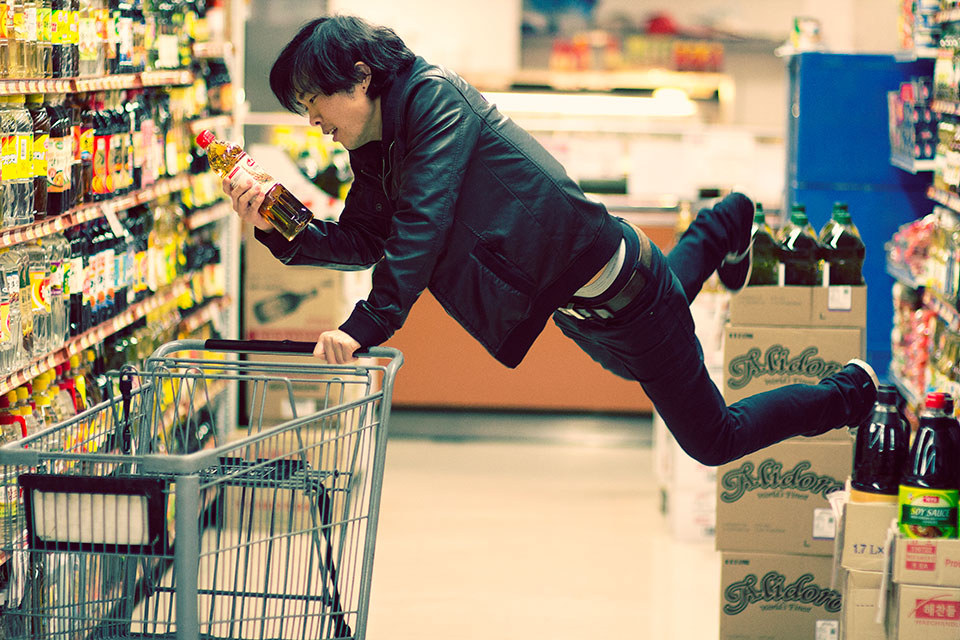
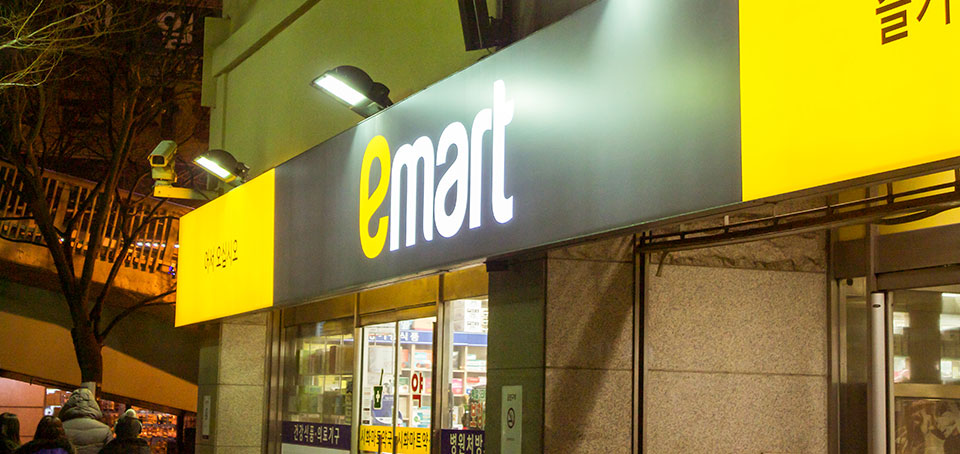
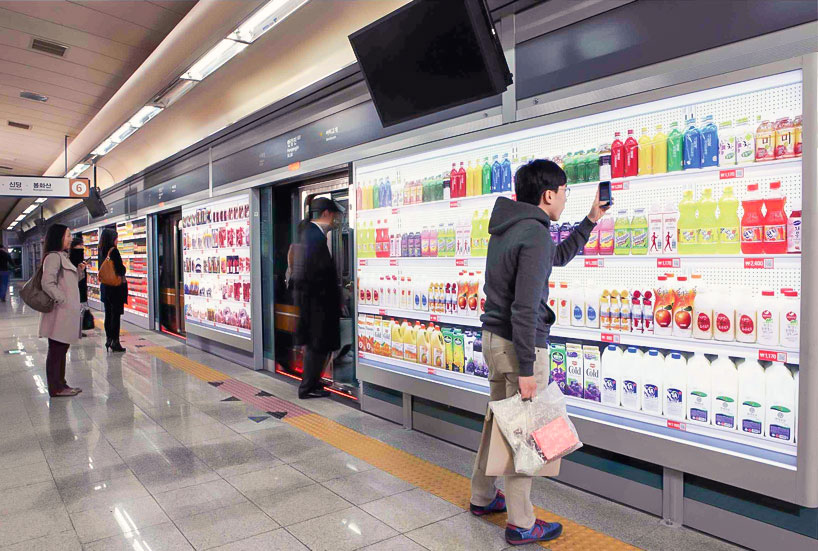
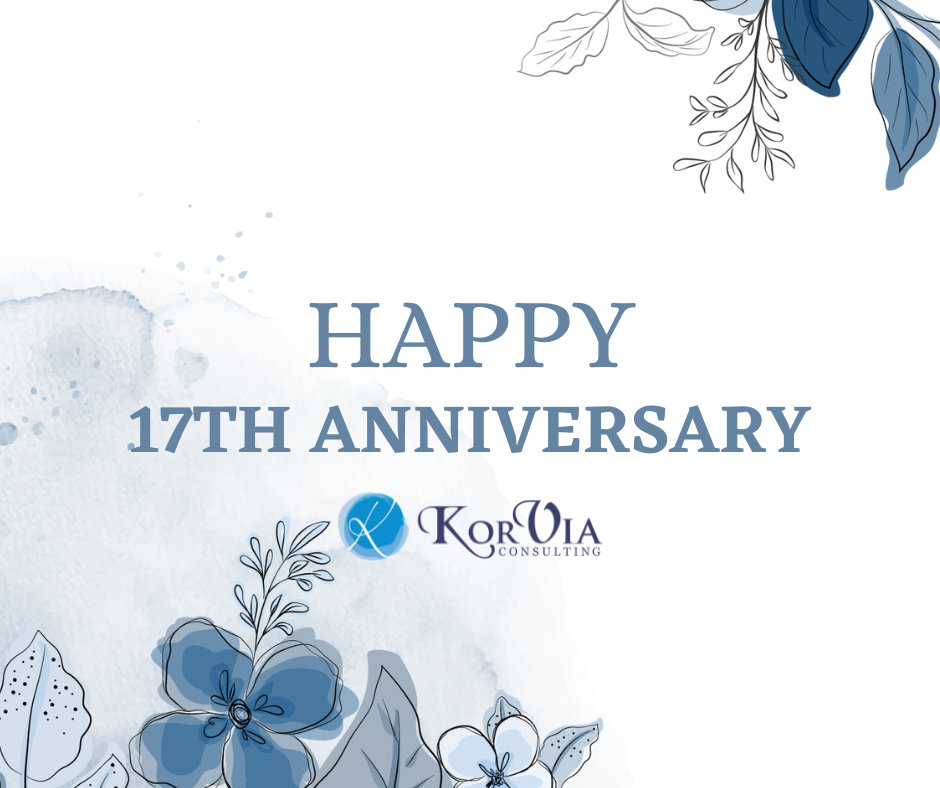


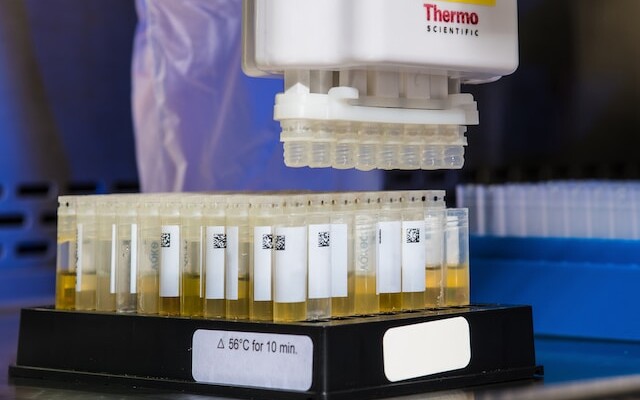
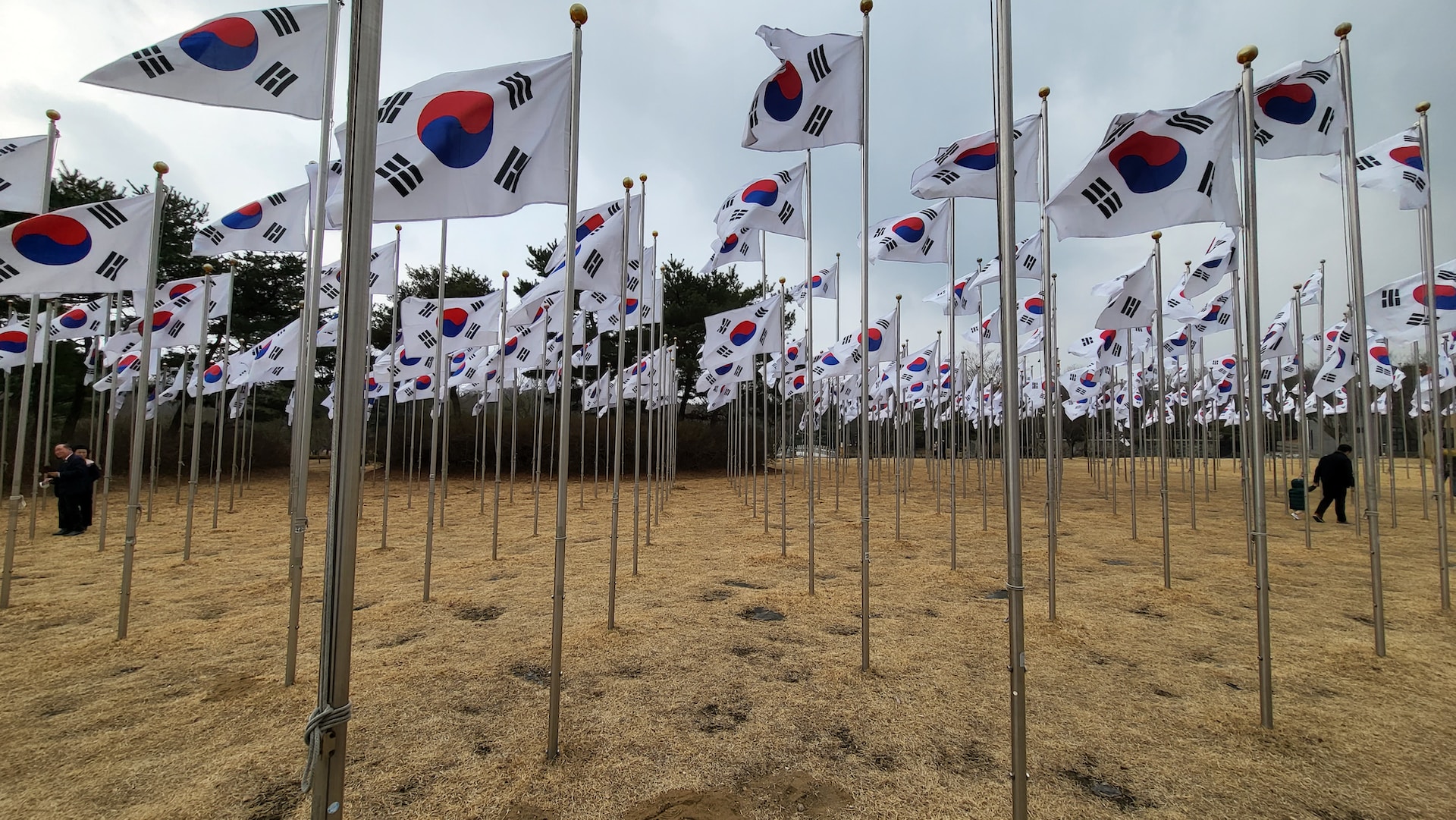
Hi Naomi.
Thank you for the good detail above.
I was wanting to know if you have thoughts on the locations of high end ex-pat grocery stores in Seoul.
Reason why ask is I have a high end product (smoked salmon) from Australia and am wanting to look into selling into the Korean / Seoul market.
The website of the brand is http://www.woodbridgesmokehouse.com.au.
Any help or pointing in the right directions would be great.
All my details are below.
Cheers,
BJ Plummer.
[…] house is too far from the main thoroughfare; it could also be that the fruits and vegetables here don’t cost as much as those at the chains; or, maybe it’s the feeling of having that sweet, sometimes sassy […]